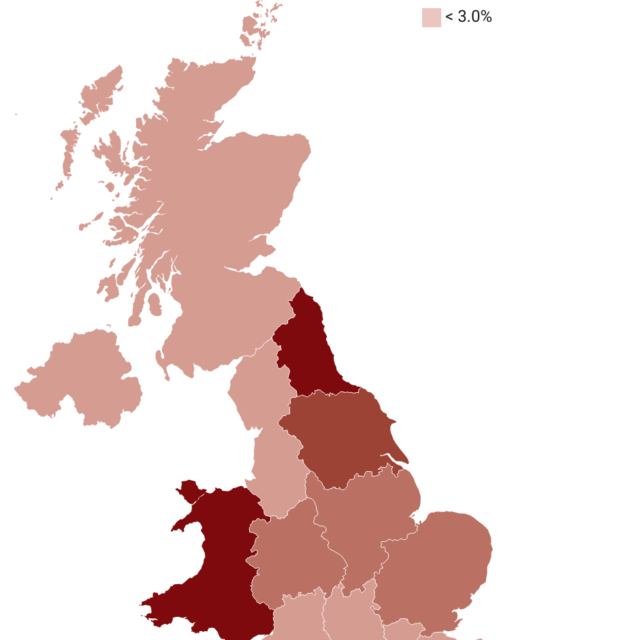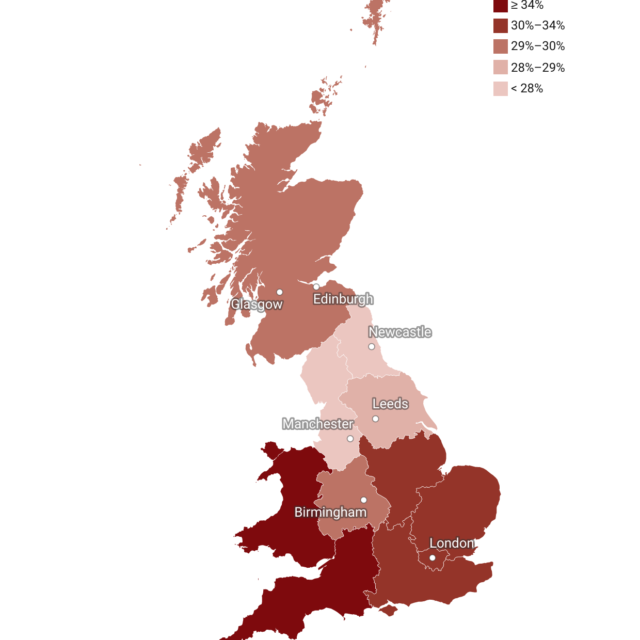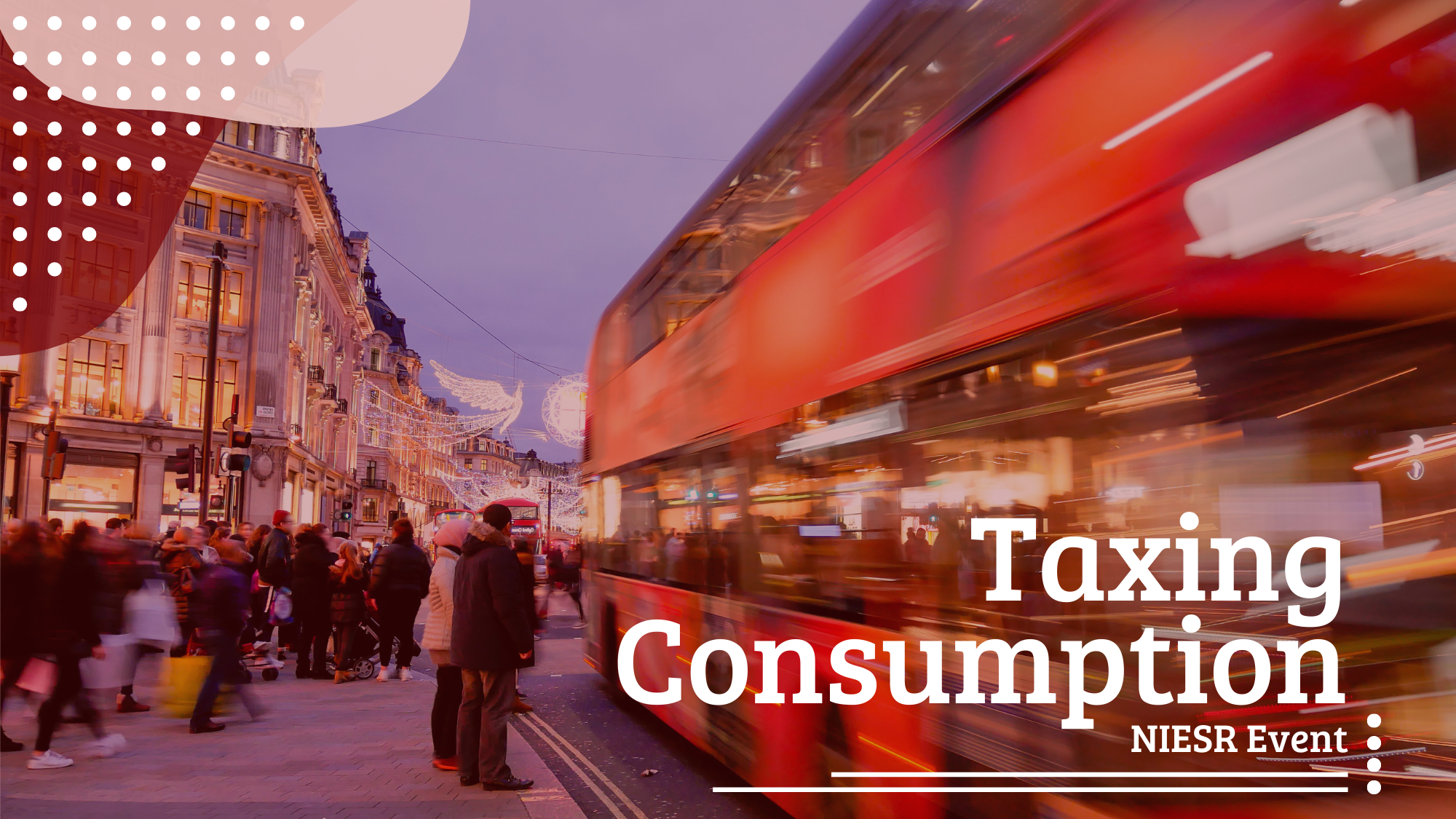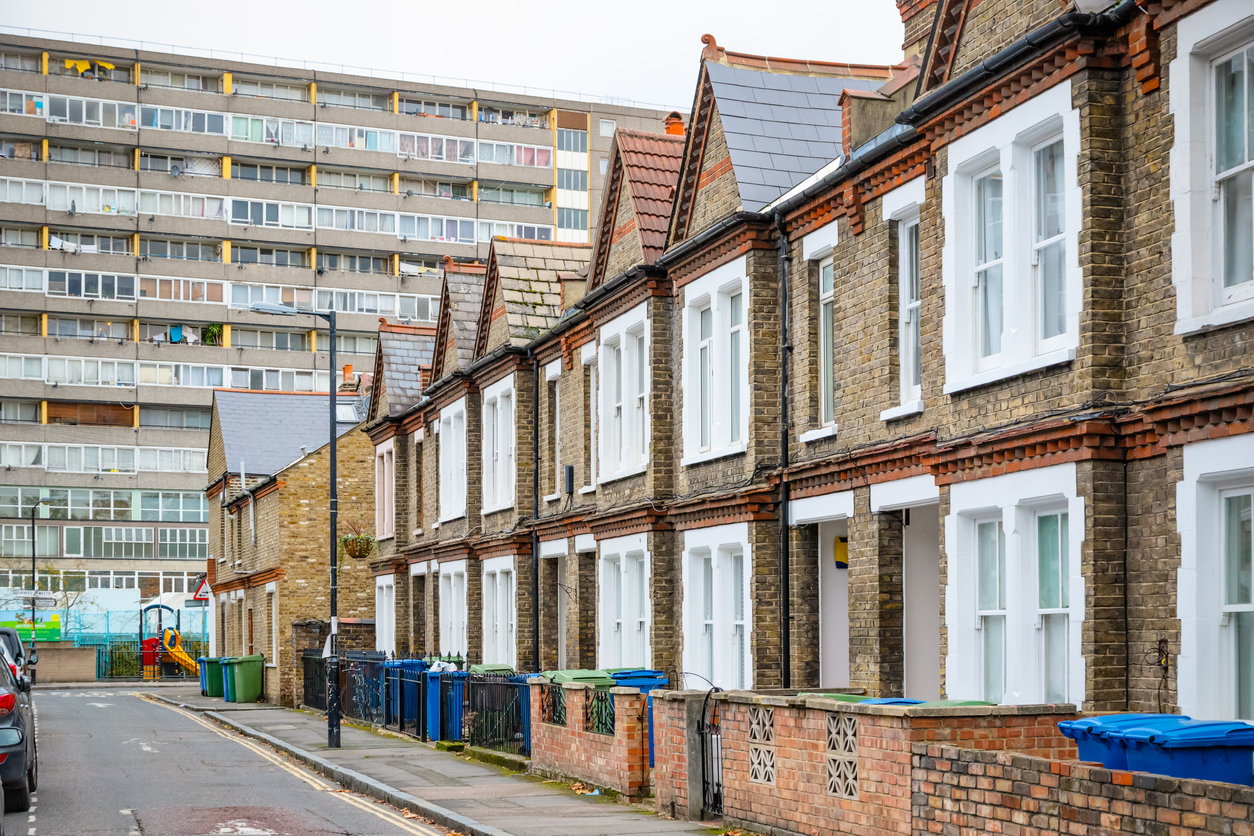What are the Experiences of Latin American Migrants Accessing Healthcare?
Associate Social Researcher Jasmin Rostron speaks with our Senior Social Researcher Ekaterina Aleynikova about an ongoing evaluation of the Indoamerican Refugee and Migrant Organization’s (IRMO) initiative to support Latin Americans in accessing healthcare.
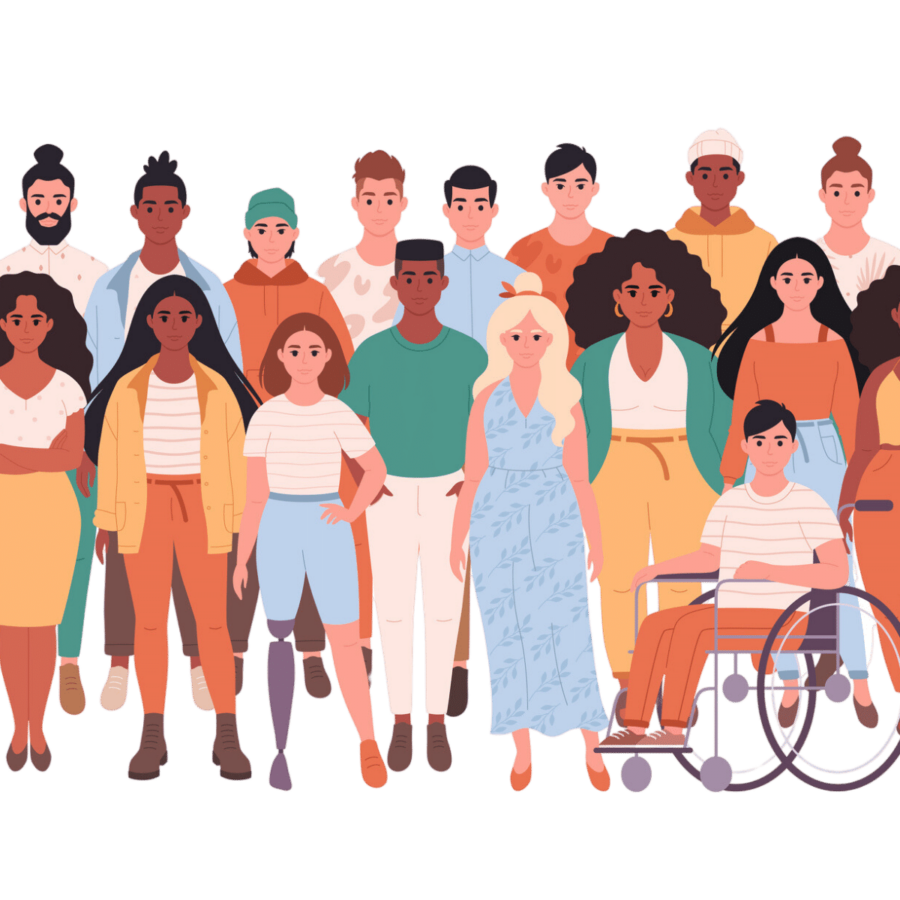
What are the barriers for Latin American communities in accessing healthcare?
Latin American migrants living in London may face a variety of barriers when accessing healthcare. First of all, as migrants, they can face difficulties navigating a new healthcare system in a new language. This is especially complex for those with an unstable or uncertain right to remain in the country. Similarly to other ethnic and minority groups, some report facing discrimination and racism when attempting to access care. These barriers may also be heightened by other issues felt by migrants and non-migrants alike, such as long waiting-lists and dis-trust of medical professionals.
The ways in which Latin Americans experience and respond to these barriers varies depending on their intersectional identity including, but not limited to, their sexuality, gender, disability, and social class. In many ways, the barriers are well-documented and the solutions known. These have been researched in large part by community action groups supporting Latin Americans. There exists also a limited academic literature on barriers faced specifically by Latin Americans in London, but there is a wide evidence-base on the experiences of migrant communities. Yet, a unique characteristic of this community is that it is not widely recognised as an ethnic group on a national level. Indeed, the Latin American community has often been called ‘invisible’: they are not listed on the Census, nor is data on their experiences systematically collected by the NHS. Therefore, crucial information on their health needs and on the barriers they face is lacking. This lack of visibility creates an imbalance in how the community access healthcare services. The absence of records, programs, specialized services, and research makes Latin Americans a vulnerable community, despite being a key population, especially in councils like Lambeth and Southwark where the majority of the community is concentrated.
What does your research say about the role community organisations can play in addressing those barriers?
This research project was an evaluation of the Health and Wellbeing initiative run by IRMO. I conducted a survey and interviews with Latin Americans who used IRMO’s service to meet their healthcare needs. The people I spoke with told me they turned to IRMO for support and information on COVID-19 vaccine safety, accessing their medical records, registering with a GP, booking appointments, and arranging for interpreters. To them, IRMO provided a bridge to accessing care, supporting them in navigating a healthcare system that felt foreign to them. They appreciated that the staff on the Health and Wellbeing initiative were informative, kind and took their concerns seriously. Service users also pointed to their networks, other community organisations and social media as ways that they could find support and overcome barriers.
In addition to providing support, many community organisations also publish their findings on the challenges their communities face and petition local and national government for systemic change. These are crucial as they add to the evidence-base and highlight the voices of Latin Americans.
Finally, in a context where health data on Latin American’s is not collected, government bodies rely on community action groups to address public health issues and prevent risks in society. For example, IRMO’s Health and Wellbeing initiative originates from local authorities responses to the COVID-19 pandemic. The severity of the pandemic prompted an urgent action to address healthcare barriers. IRMO, and other community groups were given temporary resources to support Latin Americans. Since then, IRMO has been able to expand their initiative to offer non-COVID related support, but the continuation of the project is continually dependant on the visibility of the impact achieved. This upcoming report illuminates the positive impact IRMO has had on its community. It also shows how well placed they are to understand, tackle and vocalise the barriers Latin Americans face.
Does your research offer any insights into what systematic changes might be needed to address these barriers?
The research was focused on IRMO and their initiative, but interviews with service users and IRMO service providers highlight key areas of change necessary to ensure Latin Americans’ health needs are met. Firstly, the recognition of Latin Americans as an ethnic group nationally across the NHS and in the Census is essential. Without any nationwide data on a population, it is impossible to make strategic decisions on how to strategically allocate resources. Furthermore, without Census information, it is difficult to estimate the population size, their employment or housing circumstances, or any other personal characteristics. This information is crucial to understanding wider determinants of health and to tackle areas of concern. In short, a holistic approach to health is essential in ensuring health needs are met.
This recognition is important for the long-term support of Latin Americans. However, many of the barriers to accessing healthcare have already been documented by community groups. It is estimated that many work in low-paid sectors and live in inadequate housing, which impact individuals health outcomes. As mentioned previously, provision of interpreters is a barrier. It is important that NHS reception staff are aware that interpreters are available and to ensure this service is offered to all who need it. Furthermore, public health information is not translated widely into Spanish or Portuguese. Translation of all NHS information on their websites as well as providing information on how to register with a GP will be important steps to reducing barriers. On a wider-scale, discrimination and distrust of medical health professionals needs to be tackled. Initiatives that actively engage in anti-racists and anti-discriminatory practices are welcomed, we need to see these continued and expanded.








